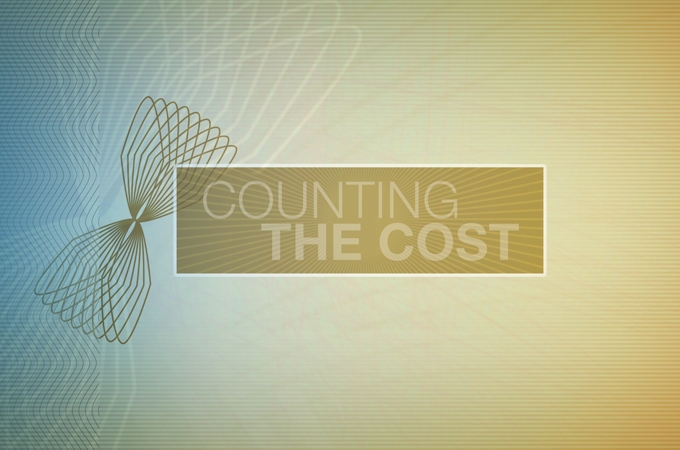
South Africa’s high economic expectations
It is the continent’s biggest economy, but can Jacob Zuma deliver on his promise to create five million jobs by 2020?
It is Africa’s biggest and probably most influential economy, but South Africa still has a lot of work to do if it is to fulfill its high economic expectations.
It received some good economic news this week: GDP figures for the last three months of 2011 revealed that the economy had grown by 3.1 per cent – higher than was expected.
Keep reading
list of 4 items‘We need you’: Solomon Islands’ support for US agency’s return revealed
Why are nations racing to buy weapons?
Parallel economy: How Russia is defying the West’s boycott
But 7 per cent GDP growth is what is actually required if South Africa is to come good on the promise made by its president, Jacob Zuma, to create five million jobs by 2020. And with unemployment still at a staggering 23.9 per cent, job creation is sorely needed.
So, how does Zuma expect to find that much needed growth? Counting the Cost asks Pravin Gordhan, the country’s finance minister.
“We in South Africa have to be ambitious,” Gordhan explains. “We have to be ambitious because we have a 300-year history that has deprived the majority black population in South Africa of equal economic opportunities.”
Plus, we take a look at what the uprising in Syria means for the Lebanese economy.
The close proximity between Damascus and Beirut, means that political upheaval in one country tends to have a major economic impact on the other.
Of course, Lebanon’s economy is no stranger to disruption – having been through civil war and years of instability itself – but with neighbouring Syria in a shambles, trade has slowed down with an important market.
Counting the Cost talks to Jihad Azour, a former Lebanese finance minister, about how the chaos in Syria is being felt over the border in Lebanon.
Counting the Cost can be seen each week at the following times GMT: Friday: 2230; Saturday: 0930; Sunday: 0330; Monday: 1630. Click here for more on Counting the Cost. |
